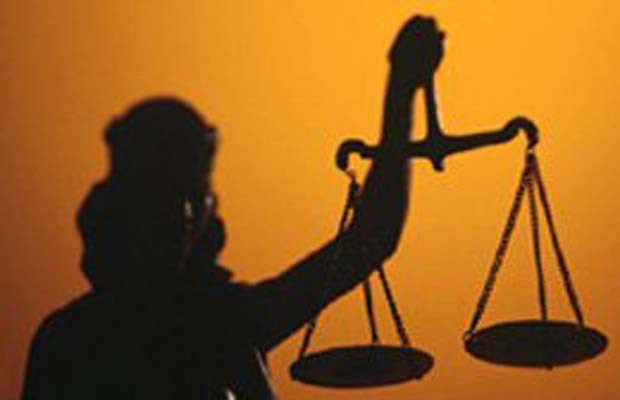Dozens of University of Victoria law students hunkered down in a classroom Saturday to research the legality of the controversial travel ban that U.S. President Donald Trump ordered.
The ban affects travel to the U.S. from seven countries that are predominantly Muslim.
All 22 law schools in Canada joined to take part in events across the country, with their efforts aimed at preparing material to help the Canadian Council for Refugees mount legal challenges to the ban. One focus will be to challenge the 2004 U.S.-Canada Safe Third Country Agreement, which requires refugee claimants to ask for protection in the first country they get to, whether the U.S. or Canada.
A Harvard study linked the agreement to increased human smuggling and to more dangerous borders, due to an increase in unauthorized crossings.
Up to 50 UVic students worked in shifts doing research from 8 a.m. to 8 p.m., said third-year law student Ibrahim Halawi.
He said the idea began at McGill University and was quickly embraced by other schools.
The schools were all given a specific research question by the council, Halawi said. He said they were asked not to divulge what their questions were, but noted that the constitutionality of the ban has been a major area of concern among opponents.
He said students were doing more than “aimlessly or randomly trying to challenge any of these immigration or refugee laws.”
“They gave us a target, so that way something effective and efficient and productive can come out of this.”
Halawi, who is from Lebanon, said he feels the impact of the U.S. ban and the uncertainty around it, even though Lebanon is not among the countries named.
“It hits very close to home,” he said. “I have so many friends that are in the United States currently — they’re Lebanese, they’re not American, but they’re on visas — and they’re there studying, they’re doctors.
“I couldn’t help but think if Lebanon was on that list and my friends were in Lebanon visiting their families, just like I do every year, they would have been caught, their futures would have been in complete disarray.”
Halawi praised the nationwide approach taken by students. “It’s really heartening to see everyone really passionate about it.”
Laura Floyd, a first-year law student at UVic, called the day of research a grassroots response. “Essentially, there’s expectation that there will be a legal case at some point,” Floyd said. “We’re starting to lay the groundwork for that so that when it happens, all of that research that normally has to get started then will already be done to a large extent.”
She said she was happy give her time to an important cause.
“This is just one way that we can help to provide legal advice,” Floyd said. “We’re not lawyers but we can do the grunt work that will prepare the lawyers who are going to fight this.”



